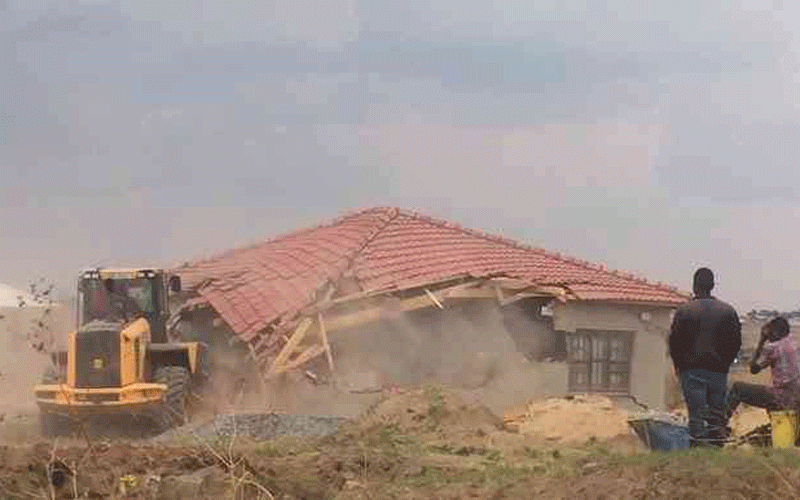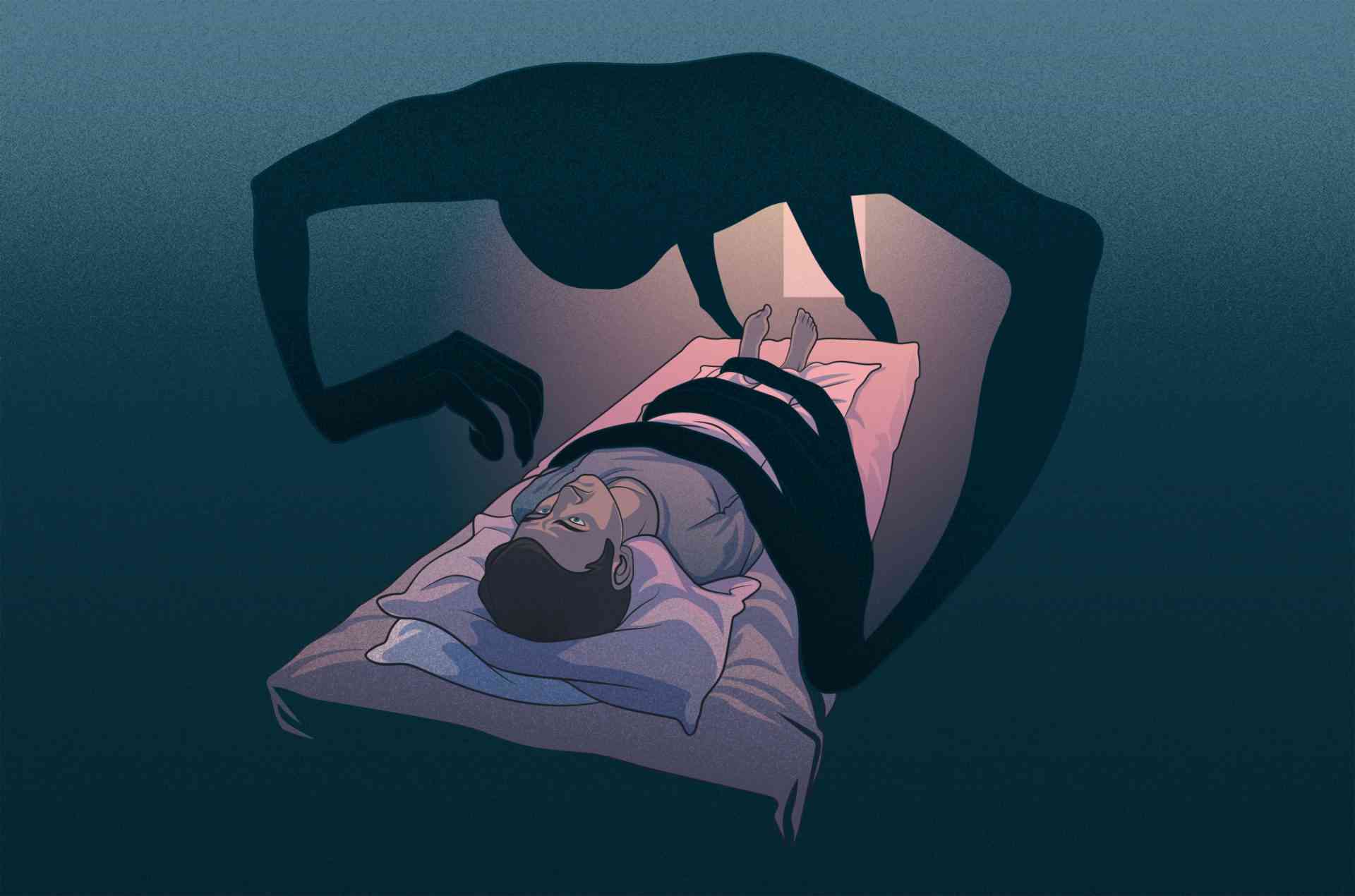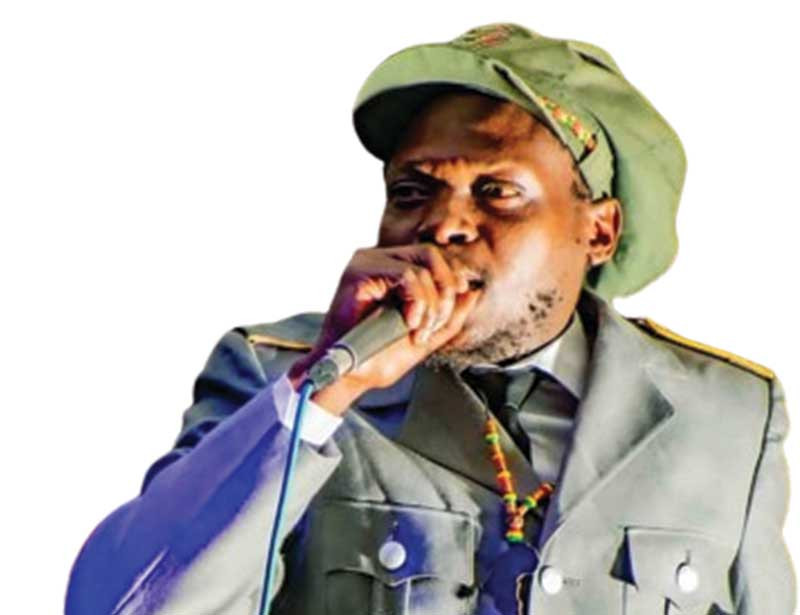
For the first time in the history of the Caine Prize, its annual workshop will take place in Zimbabwe at the end of March and will see the launch of the Prize’s 2013 anthology, published by amaBooks, one of eight co-publishers of the Caine Prize anthologies.
By Tinashe Mushakavanhu
The 12 writers will be ensconced in the Vumba before participating in two events scheduled to take place in Harare.
Since 2003, the Caine Prize has run annual writing workshops in Africa — Cameroon, Ghana, Kenya, South Africa and Uganda. The scheme is meant to bring young African writers to convene for 10 days to read and discuss work-in-progress and to learn from two more experienced writers, who act as tutors or animateurs. A number of Zimbabwean writers have participated in these workshops. These include Shimmer Chinodya, Charles Mungoshi, Petina Gappah, Novuyo Rosa Tshuma, Tinashe Mushakavanhu and Christopher Mlalazi, among others.
The idea of a continental prize for African writers was mooted in the late 90s. When it eventually took shape into the form it is now, thanks to the generosity of Sir Michael Caine’s estate, there was no other befitting venue for the first award ceremony than Harare. Zimbabwe’s main city was then Africa’s book capital because of the hugely influential Zimbabwe International Book Fair.
Though the first winner of the Caine Prize was not local, Zimbabwe had three writers on that first shortlist of the now coveted prize — Charles Mungoshi, Rory Kilalea and Shimmer Chinodya. However, the winner was the ably-gifted Sudanese writer, Leila Aboulela. The second edition of the awards was hosted in Nairobi before London whisked away the ceremony from Africa completely.
The politics of this move has generated debate on the role of the Caine Prize, especially regarding the direction in which African literature is taking.
The nagging criticism each year is that most of the “celebrated” stories that make up the shortlist are mere exaggerated representations of the African continent replete with stock figures, stereotypes and predictable themes, characteristics which undoubtedly validates Binyavanga Wainaina’s observations in his satirical essay, How to Write about Africa.
- Chamisa under fire over US$120K donation
- Mavhunga puts DeMbare into Chibuku quarterfinals
- Pension funds bet on Cabora Bassa oilfields
- Councils defy govt fire tender directive
Keep Reading
And the fact that it is the Caine Prize “for African writing” suggests the otherness of the prize’s consideration. In truth, “African” writing is only really considered a separate category outside Africa. When will Africa start owning its stories? When will African writers start seeking the validation of Africa, not London or Frankfurt?











